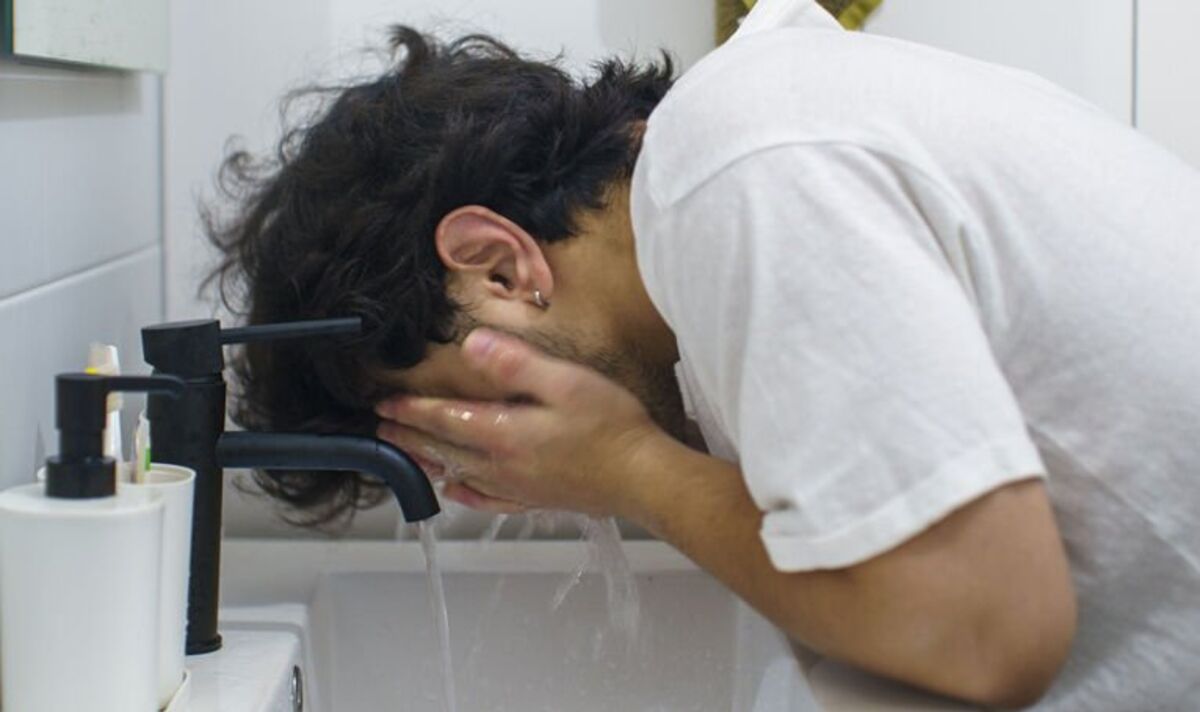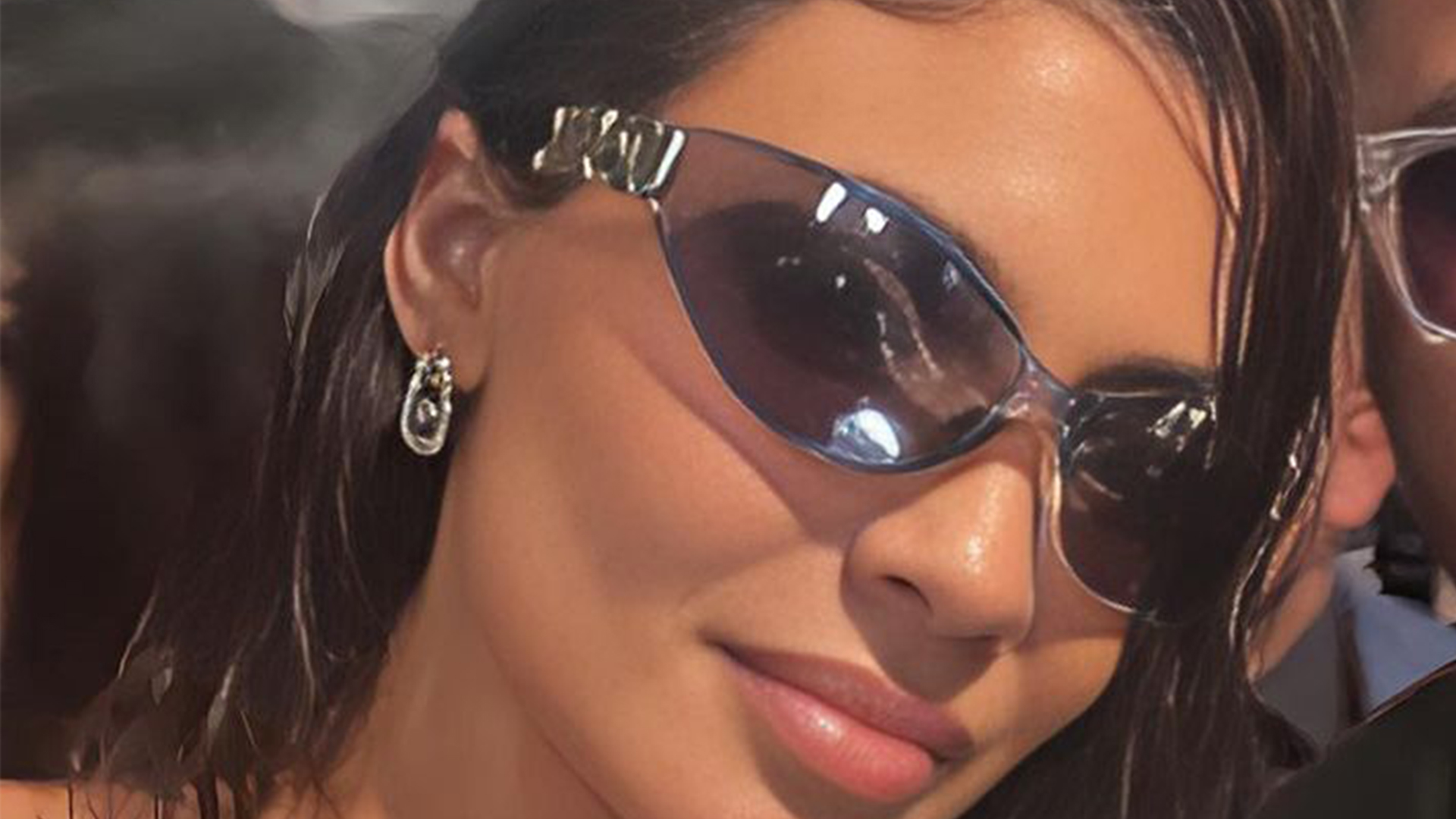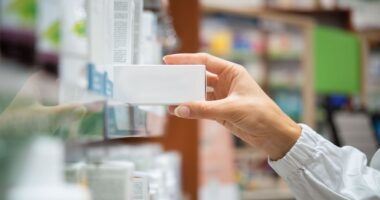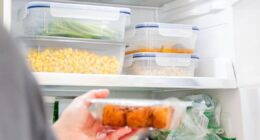While tap water is safe to drink in many countries, you may want to think twice about using it to clean certain body parts or in certain household products.
US-based family doctor Dr Jen Caudle issued the warning on her TikTok channel. The first situation to avoid using tap water, she said, is as a nasal rinse.
1. Do not use it as a nasal rinse
Tap water isn’t safe to use as a nasal rinse because it’s not adequately filtered or treated, said Dr Caudle.
She added: ”Some tap water actually has low levels of organisms that can cause potentially serious infections.
“So when it comes to your neti pot, your nasal rinse, your nasal irrigation etc. please only use distilled, sterile, or previously boiled water.”
2. Eyes
There’s lots of different germs in tap water that can cause eye infections – some that are really nasty by the way, said Dr Caudle.
With contact lens users in mind, she advised: “Don’t use tap water with your contact lenses, instead you want to clean, rinse and disinfect your contact lenses with commercially made sterile solutions before you put your contacts in your eyes.
“Do not use tap water or homemade solutions or anything like that to disinfect or store contact lenses.”
3. CPAP machine
Not only does tap water potentially contain bacteria but it may contain minerals that can cause build up or scaling on your CPAP machine, warned Dr Caudle.
Continuous positive airway pressure (CPAP) therapy is a common treatment for obstructive sleep apnea, and a machine uses a hose connected to a mask or nosepiece to deliver contact and steady air pressure to help you breathe while you sleep.
Dr Caudle said: “So with your CPAP, distilled water is the best choice.”
4. Home humidifiers
Humidifiers are devices that add moisture to the air to prevent dryness that can cause irritation in many parts of the body.
Dr Caudle said: “Follow directions on the box but generally distilled water tends to be best.”










